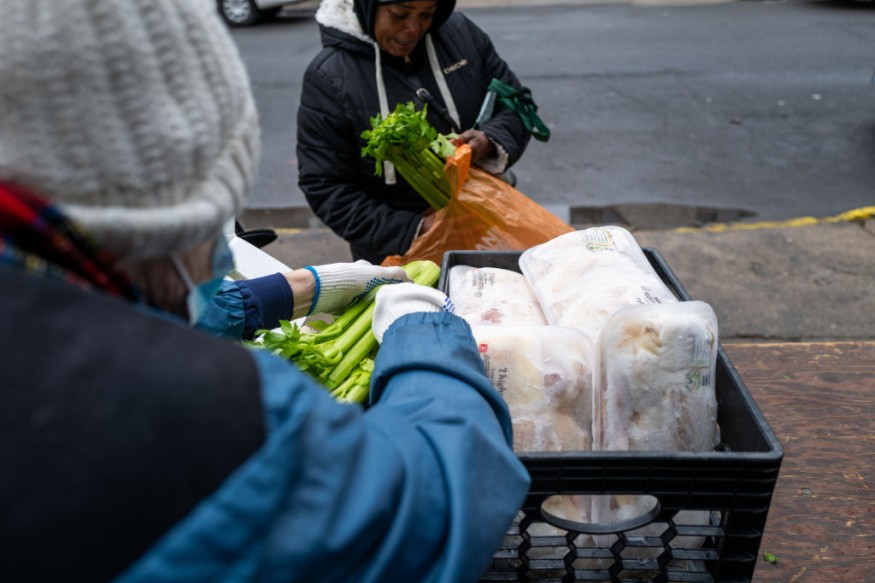The world's food security may be threatened by the combination of climate change and population growth.
As the United Nations commemorated World Population Day, the organization said Africa is the most affected by the changes in agriculture.

Africa's Agriculture Problem
Over the next 60 years, the population of the world is predicted to increase, from 8.2 billion in the present to 10.3 billion in the 2080s. Indeed, many experts have indicated that a large part of this growth will take place in Africa since most of its nations still have high birth rates.
The United Nations Population Fund has predicted that climate change will exacerbate global inequality and boost both domestic and international migration.
In the period between 2019 and 2022, hunger escalated according to the U.N agencies, with one billion people in Africa who cannot afford proper food out of a total population totaling 1.3 billion.
Because of the continuous drought in Africa, which has led to a decrease in its agriculture yield due to loss of fertile lands to expanding human populations.
Chris Ojiewo, a principal scientist at International Maize and Wheat Improvement Center stated that African farmers are supposed to produce enormous quantities of food in restricted regions to cater for the growing population on the continent.
"We cannot even think of a human or ethical way to stop population growth, so let it grow, but let us people be able to produce more within a small area," he added.
Ojiewo suggests that, for instance, if the productivity is limited to one ton of maize per hectare, why don't we work to increase it to two, three, four, five, or ten tons per hectare? We are doing this by developing varieties and production systems that allow us to produce in both intensified systems and during droughts.
Farmers are encouraged to grow crops that can withstand harsh and unpredictable conditions, like pearl millet, pigeon peas, sorghum, and cassava, as a result of the increasing drought in various African countries.
Scientific Research
According to Ann Vaughan, deputy assistant administrator of the US Agency for International Development, technology and scientific research can support farmers in growing a variety of crops and assist them in adapting to climate change.
In order to guarantee that we are quickening intelligent inventions so that farmers may obtain access and continue to grow food for their families and themselves despite the terrible drought, Vaughan stated
What that entails is ensuring that the proper science, seeds, and private sector partners are pulling and creating a demand for these kinds of seeds; diversifying so that you are growing more than just maize but also cowpeas and other climate-change-resistant crops; and using more innovative farming techniques so that you are combining intercropping and having less tilt.
It was in 2010 that the United States government took the initiative of launching the Feed the Future program which was expected to address underlying issues that bring about hunger and poverty in developing economies all over the world.
Incorporating climate change aids in enhancing African agricultural systems and promoting trade, employment, and economic prospects, the sustainable techniques that were encouraged by the initiative led to that.
The reliance of various African countries on maize for the supply of food is causing great distress to specialists. This is because maize farming is rain-fed and therefore the erratic weather patterns caused by climate change jeopardize its cultivation.
Related Article : Soil Loss Threatens Food Security
© 2025 NatureWorldNews.com All rights reserved. Do not reproduce without permission.




